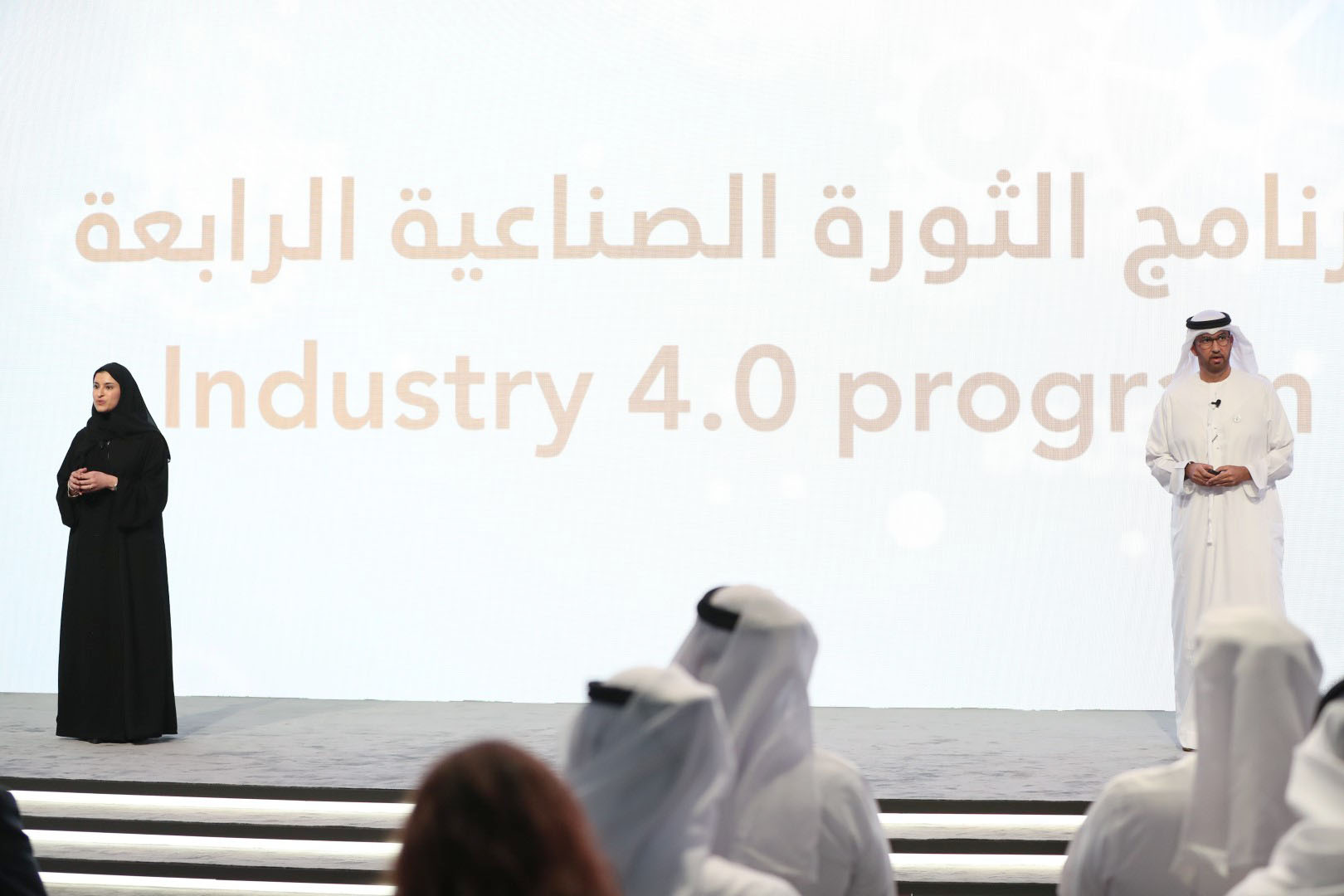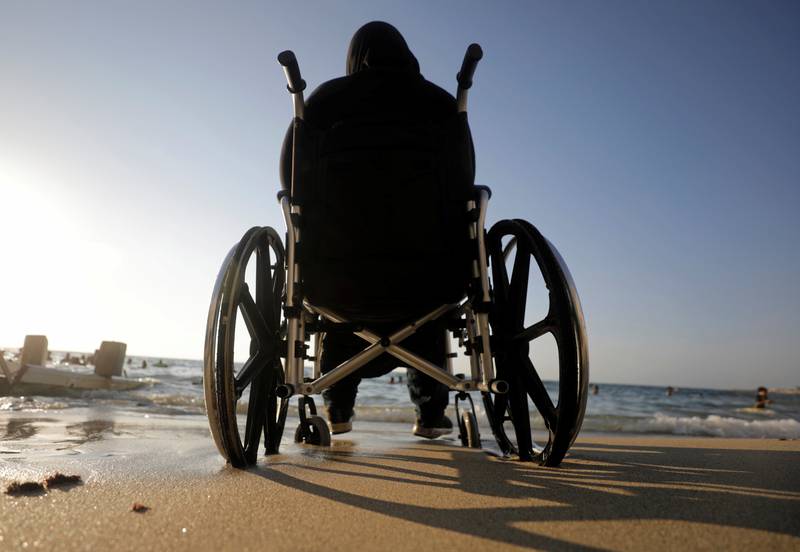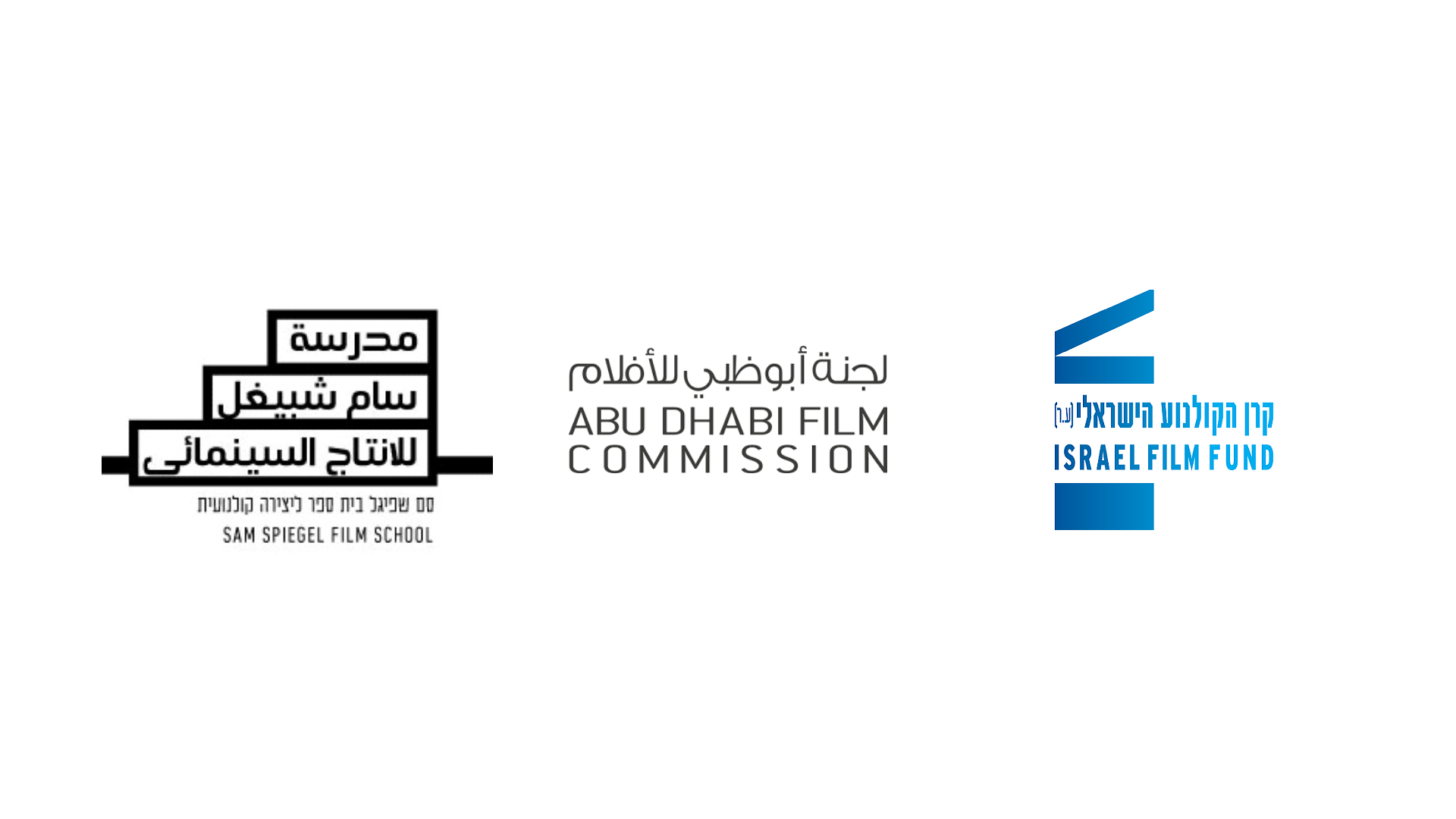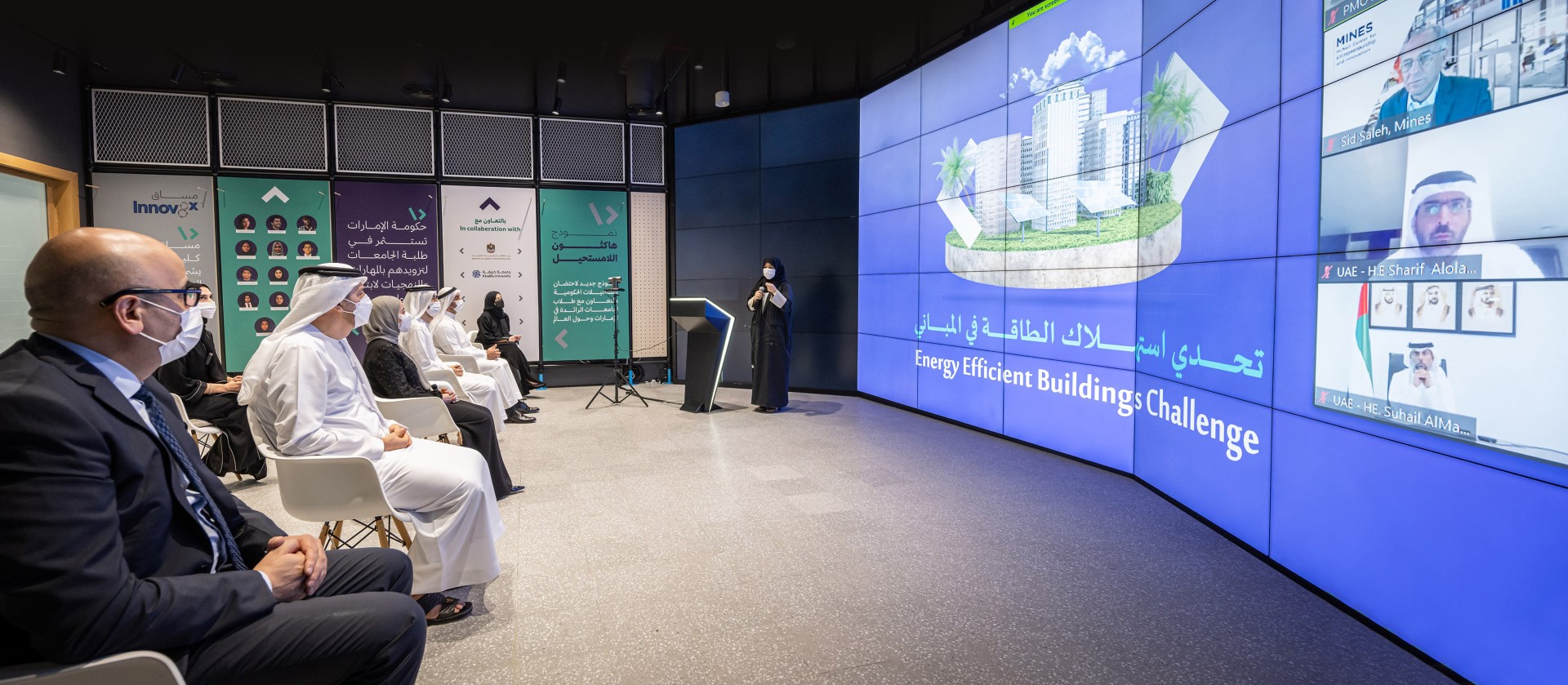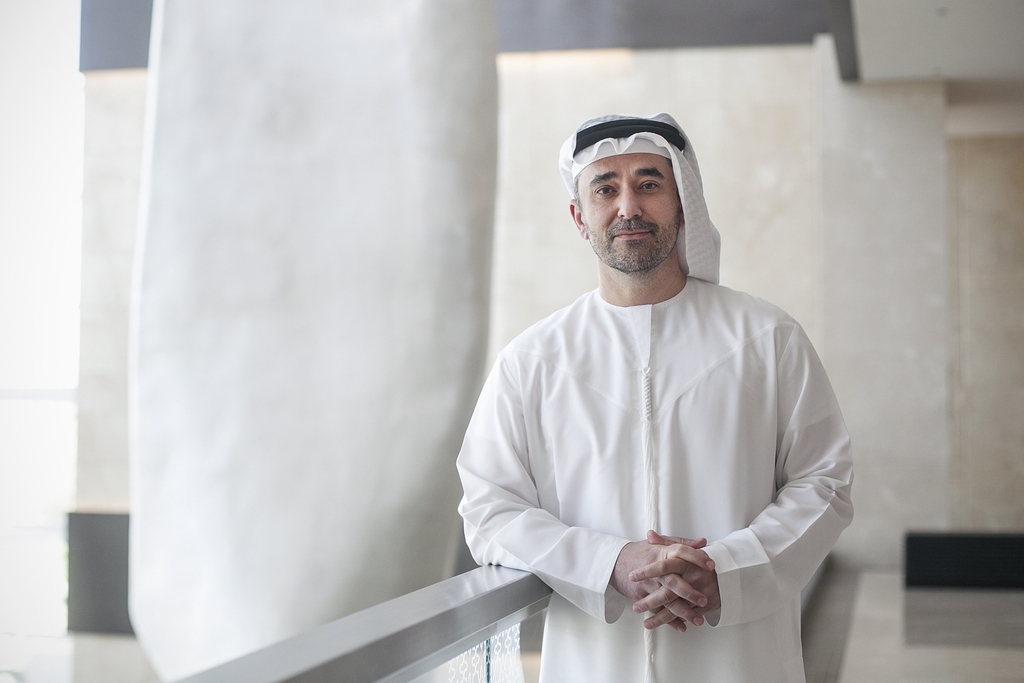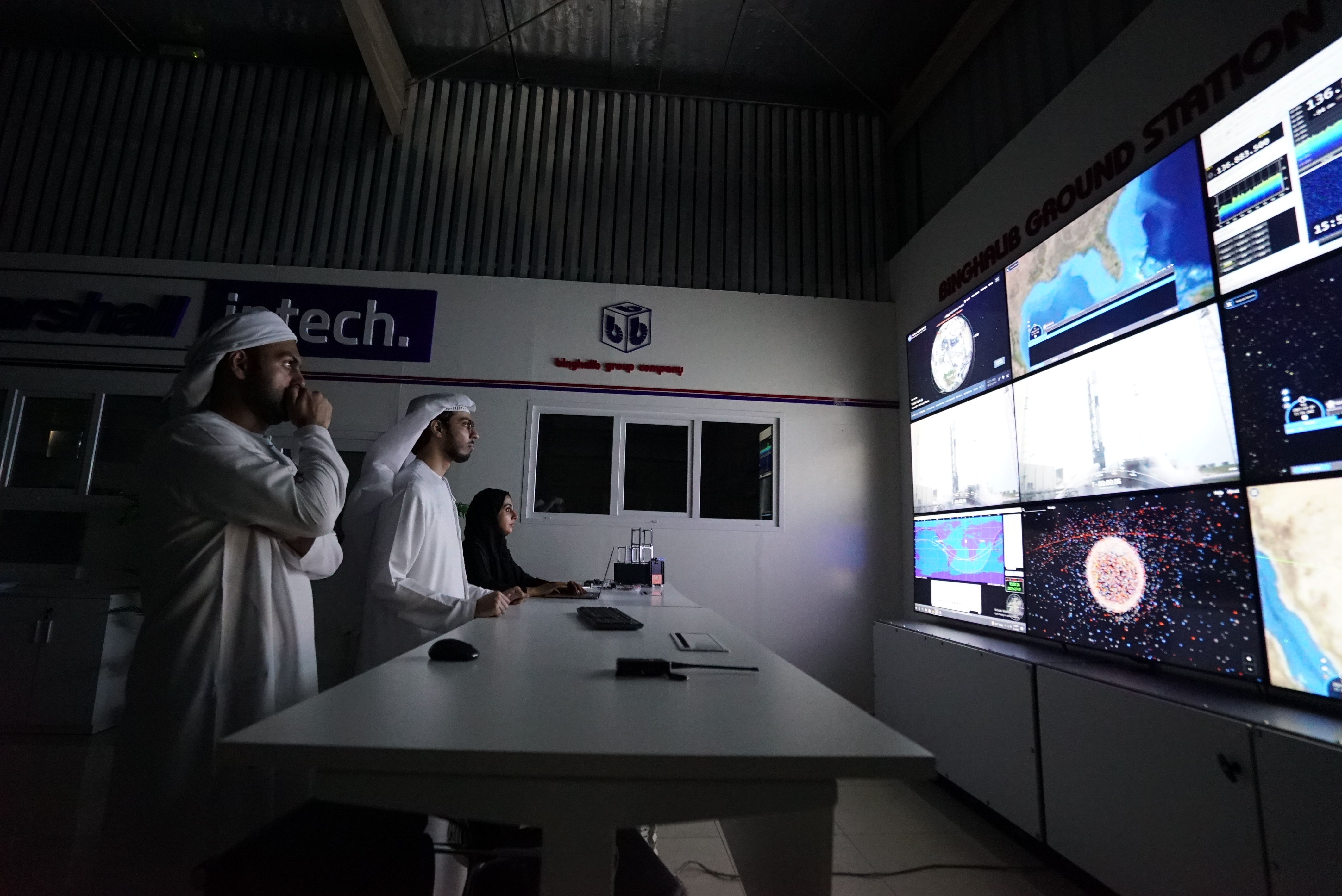UAE ministers have announced the first set of bold strategic projects aimed at fostering the UAE’s new phase of growth and embarking on an ambitious growth strategy as the nation celebrates its golden jubilee.
The “Projects of the 50” is a series of developmental and economic projects that will be rolled out throughout September, which aim to accelerate the UAE’s development and consolidate into a comprehensive hub in all sectors and establish its status as an ideal destination for talents and investors.

In a press conference held on Sunday, UAE ministers and senior officials announced the first set of projects, which include new and amended visa schemes, comprehensive global campaigns to attract foreign investment, national initiatives to support emerging Emirati companies and boost the quality of national products, partnerships with major economies across the world, and programmes to support the applications of the Fourth Industrial Revolution in all sectors. All of these projects seek to establish the UAE as a global nation and a testbed for technologies and innovation.

The ministers and officials who spoke at the conference on Sunday were: Mohammad bin Abdullah Al Gergawi, Minister of Cabinet Affairs (picture above); Dr Sultan Al Jaber, Minister of Industry and Advanced Technology; Abdullah bin Touq Al Marri, Minister of Economy; Omar bin Sultan Al Olama, Minister of State for Artificial Intelligence, Digital Economy and Teleworking Applications; Dr. Thani bin Ahmed Al Zeyoudi, Minister of State for Foreign Trade; Sarah bint Yousif Al Amiri, Minister of State for Advanced Sciences; and Saeed Al Eter, Chairman of the UAE Government Media Office.
Al Gergawi explained that the vision for the next 50 years is to make the UAE the global capital of investment and economic creativity, an integrated incubator for entrepreneurship and emerging projects, and an advanced laboratory for new economic opportunities.
He stressed how the “Projects of the 50” provides impetus for investment in the digital and circular economies, and those based on the applications of artificial intelligence and the fourth industrial revolution.
The series of development and economic projects aim to accelerate the UAE’s economic growth and diversification to ensure a decent life for its citizens and residents, enhance both the public and private sectors, and build a brighter future for the next generations.
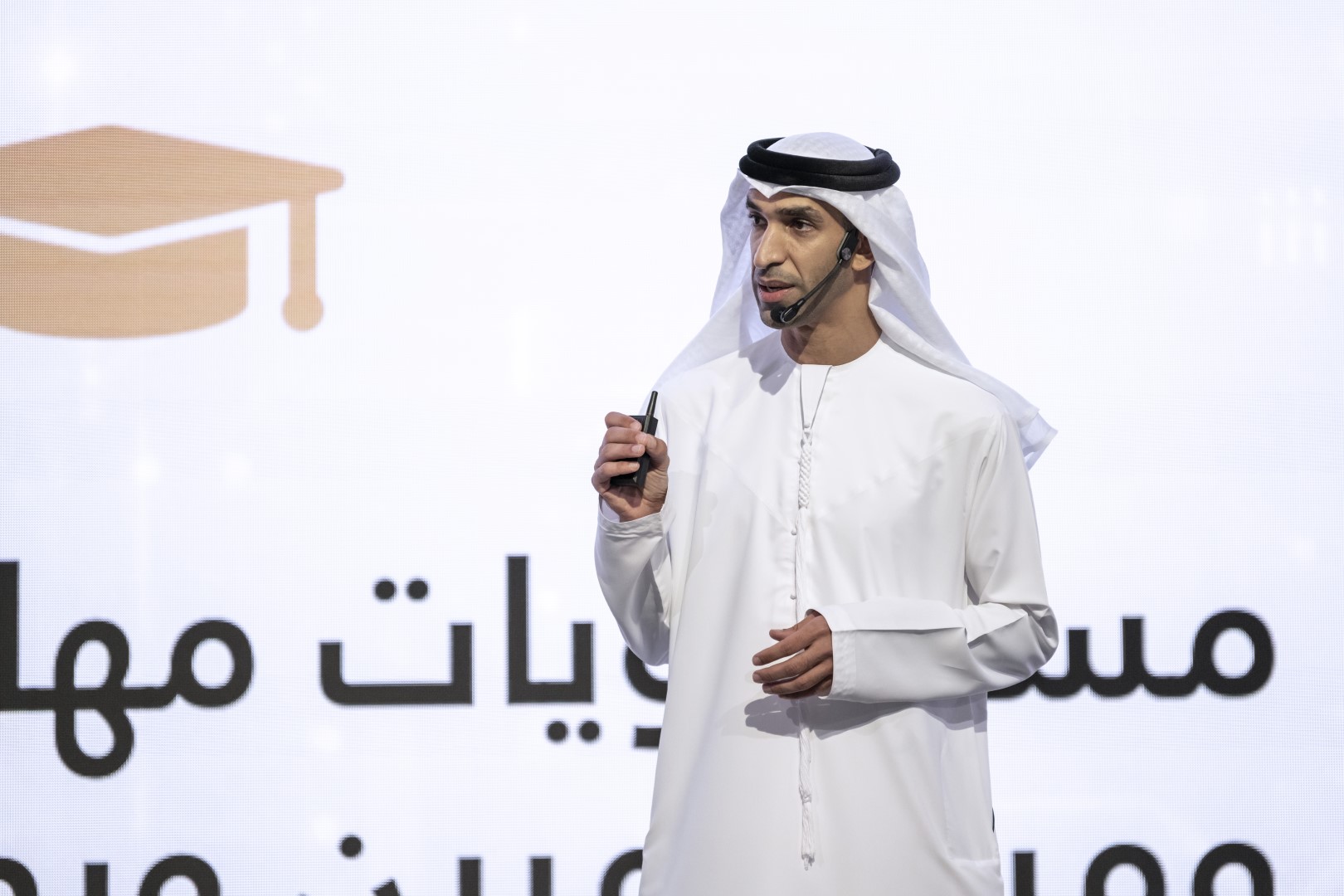
Modernisation of visa and work permits one of the key legislative changes being introduced as part of “Projects of the 50” is a restructuring of the entry and residency system, which is being upgraded to confirm the UAE’s position as an ideal destination for work, investment, entrepreneurship, education and life.
Among the package of new regulations is the introduction of the Green Visa, which expands the self-residency status to investors, entrepreneurs, highly skilled individuals, top students and graduates, and the federal freelancers visa for self-employed workers based in the UAE and overseas in specialised fields such as artificial intelligence, Blockchain and digital currencies.
The new regulations also include expanding the Golden Visa eligibility to include managers, CEOs, specialists in science, engineering, health, education, business management and technology, while the pathway has been smoothed for highly skilled and specialised residents, investors, entrepreneurs, scientists, pioneers, leading students and graduates.
Read more about the new visa schemes here.
Comprehensive economic partnership agreements As part of the efforts to consolidate the UAE’s position as a main gateway for global trade and investment, the UAE Government is undertaking comprehensive economic partnership agreements with eight key global markets around the world. The agreements aim to achieve an AED40 billion annual increase to the UAE’s current AED257 billion trade volume with these markets.
The agreements fall under the UAE’s global economic partnerships strategy, which aims to double the size of the national economy from AED1.4 trillion to AED3 trillion over the next 10 years.
The countries with which deals were signed are distinguished by large markets that constitute 10 percent of the world’s GDP, with an economic exchange among these countries worth $80 billion. Besides being home to 26 percent of the world’s population, the eight countries possess large markets with high demand for goods and services, in addition to strong trade and economic relations in their respective regions.
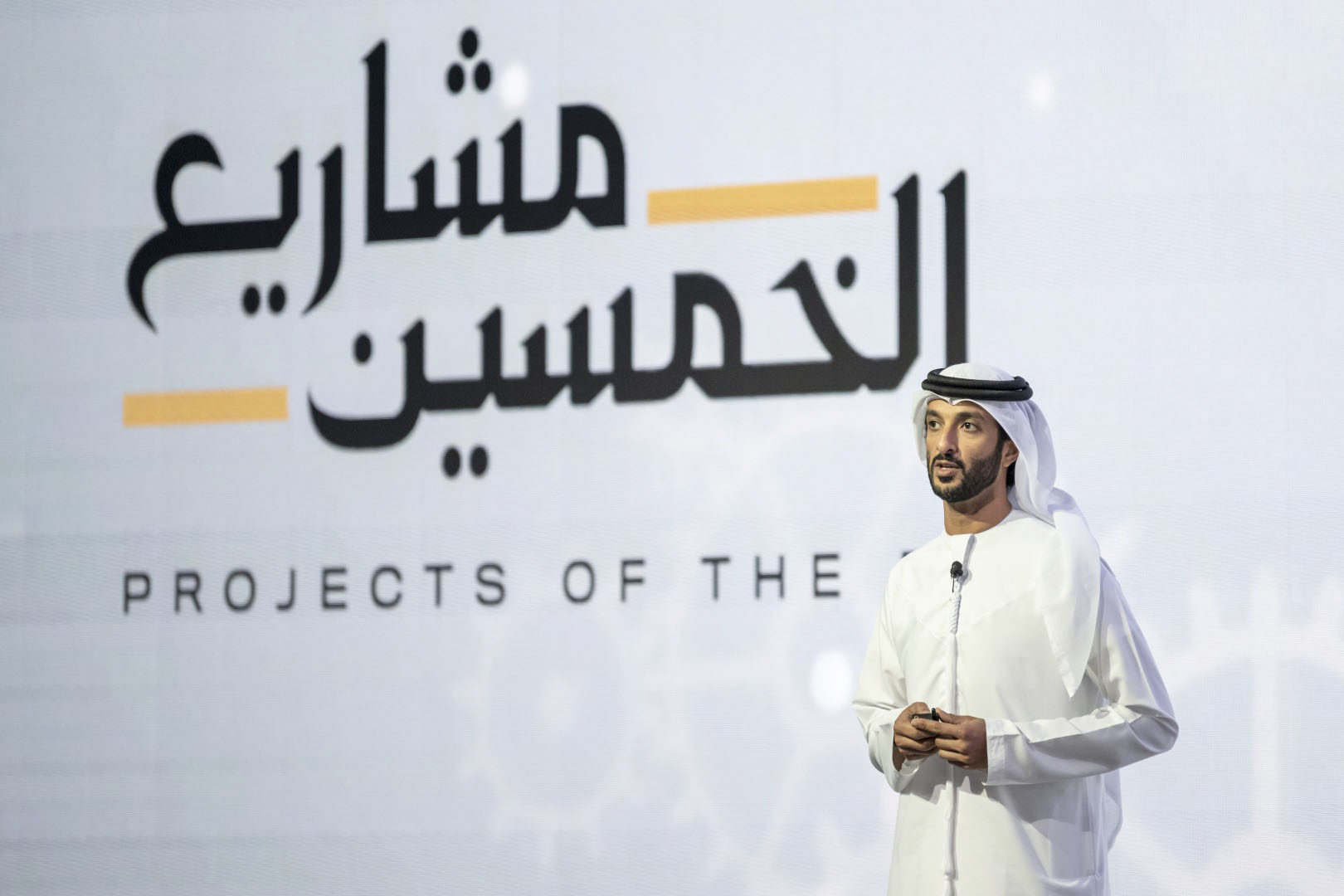
In conjunction, the UAE Government also approved the “Higher Committee for Economic Agreements” to oversee the expansion of partnerships with new markets and seize new investment and economic opportunities to sustain the growth of the national economy.
Abdullah bin Touq Al Marri, Minister of Economy , was appointed as the committee’s chairman, while Suhail Mohamed Al Mazrouei, the Minister of Energy and Infrastructure, has been appointed as the vice chairman.

Digital initiatives to prepare for the UAE’s future the digital economy will be a major element of “Projects of the 50”, reflecting the integral role that technologies and artificial intelligence will play in driving the country’s next phase of its development.
The UAE Data Law is the first federal law to be drafted in partnership with major technology companies. The law will empower individuals to control how their personal data is used, stored and shared in a move that aims to protect privacy of individuals and institutions and limit entities’ use of personal data for profit.
100 Coders Every Day: This programme aims to attract 3,000 coders every month to the country’s workforce, increasing the number of coders from 64,000 to 100,000 in 12 months, and to facilitate the establishment of programming companies in the UAE through a set of incentives and benefits.
PyCon Summit: As part of the nation’s drive towards a knowledge economy, the UAE will host “PyCon Summit”, the largest programming summit to be held in the Middle East. The event, set to take place in the second half of 2022, will help develop digital talent and expertise, inspire innovative technology projects, and connect a global community of programmers with the public and private sectors, as well as academic institutions.
The Fourth Industrial Revolution Network to establish 500 national technology companies. The UAE Government launched the network to promote the adoption of advanced technologies in the national industrial sector. The project, which aims to establish and grow 500 national companies equipped with the technologies of the Fourth Industrial Revolution, will be key in creating an attractive business environment to meet the needs of local and international investors, support the continuous growth of national industries, improve their competitiveness, and enhance the UAE’s position as a global destination for pioneering future industries with world-class infrastructure and a skilled and technologically advanced workforce.
The network is designed to provide a platform that brings together 15 leading national companies (ADNOC, Strata, EDGE, Emirates Global Aluminium…) in technology adoption to transfer knowledge, share best practices and train 100 CEOs in the industrial sector on the latest digital trends.
Through the network, the Smart Industry Readiness Index will be developed to support the digital transformation of 200 industrial companies after evaluating the efficiency of digital operations.

Enhancing the competitiveness of the UAE business environment. The UAE Government has launched three initiatives designed to strengthen the UAE’s ability to keep pace with the ever-evolving global economy and consolidate its position as one of the world’s most attractive countries for foreign direct investment.
The 10×10 programme aims to achieve an annual increase in the country’s exports by 10 percent in 10 key markets: China, the UK, the Netherlands, Italy, Russia, Poland, Luxembourg, Australia, New Zealand and Indonesia.
Invest.ae – a new electronic portal that will act as an umbrella for all investment-related local entities and 14 state economic entities and present all investment opportunities across the UAE. The portal will also provide comprehensive information on the local investment environment, as well as business and bank account set-up services. It will also highlight entrepreneurial success stories.
This electronic platform is designed to showcase the UAE to major international companies and unicorn companies (billionaire companies), and encourage major global sovereign wealth funds to funnel investments to the country. It will also facilitate the identification of investors unable to invest in their own countries, open communication with them and incentivize the transfer of their investments to the UAE.
The Emirates Investment Summit, a global summit hosted in the UAE to connect investment funds with the public and private sectors to create investment opportunities that will attract AED550 billion in FDI over the next nine years. Scheduled to take place during the first quarter of 2022, the Summit seeks to build lasting partnerships between public and private sectors.
National In-Country Value Programme at a federal level will facilitate the redirection of procurement and contract expenses to the local economy. The program reflects the UAE government’s commitment to enhancing the competitiveness of the national economy, promoting domestic products and supporting local small and medium-sized companies.
By 2025, the programme aims to create a demand for local products and services by redirecting more than 42 percent of procurement of the federal government and major UAE companies to local products and services, gradually implementing the program through 45 federal entities and 15 major national companies, and increasing local suppliers from 5,000 to 7,300.
Implemented under the supervision of the Ministry of Industry and Advanced Technology, the programme will enable the UAE to reduce its dependence on imports in priority sectors, localise supply chains, support the national industrial sector and increase manufacturing and industrial output.
The programme was first adopted in Abu Dhabi in 2018, and resulted in the redirection of nearly AED88 billion to the local economy, while the number of approved suppliers exceeded 5,000 in various sectors.
AED5 billion to support Emirati projects in priority sectors. The AED5 billion is part of the Emirates Development Bank’s April 2021 allocation of AED30 billion to help accelerate industrial development, adopt advanced technology, and support entrepreneurship and innovation by 2025 – all to support its wider mission of increasing productivity, enhancing the industrial sector’s contribution to GDP and creating job opportunities for UAE’s citizens.
Tech Drive to support Fourth Industrial Revolution in the industrial sector, a AED5 billion programme to support advanced technology adoption in the industrial sector. Established in partnership with the Emirates Development Bank, the fund will support the industrial sector’s shift towards the applications of the Fourth Industrial Revolution over the next five years. It will also provide programmes and incentives to support entrepreneurs in the industrial sector, aiming to achieve a AED25 billion contribution to the GDP and raise productivity by 30 percent.
The fund’s packages include financial and non-financial programs, direct and indirect lending, capital investment in emerging and small and medium-sized companies, and advisory and guidance services. Tech Drive operates as part of the efforts to advance the UAE’s economic diversification and industrial transformation.
